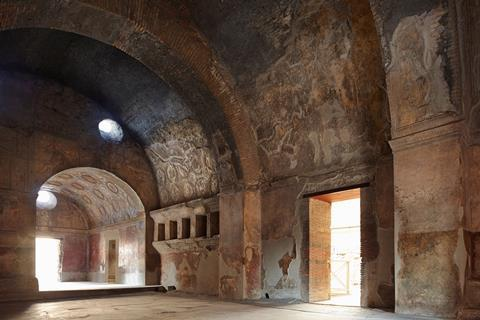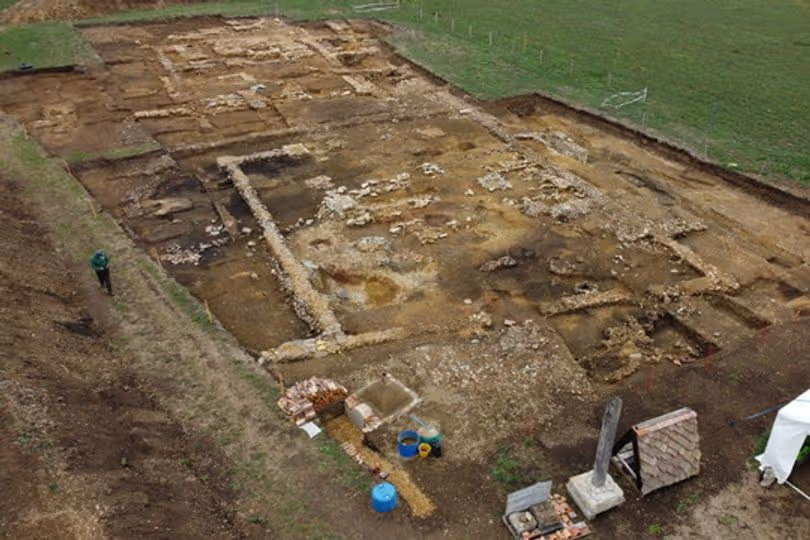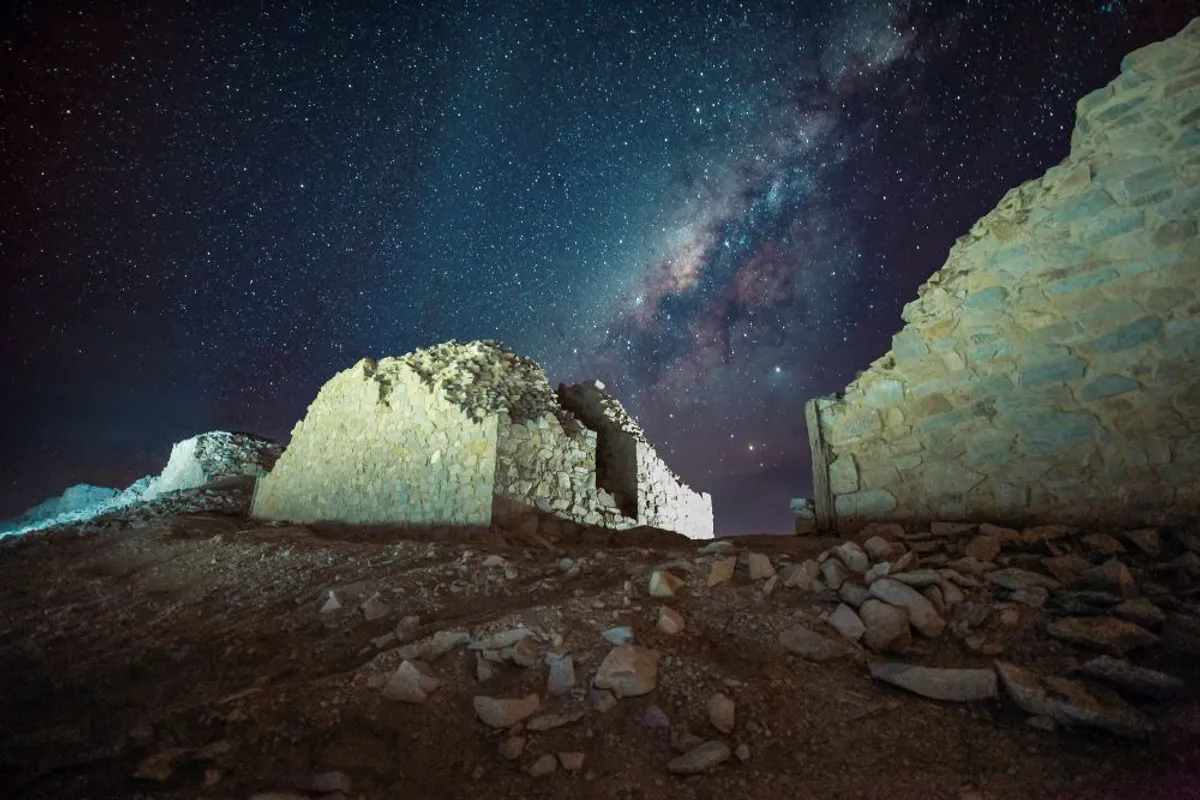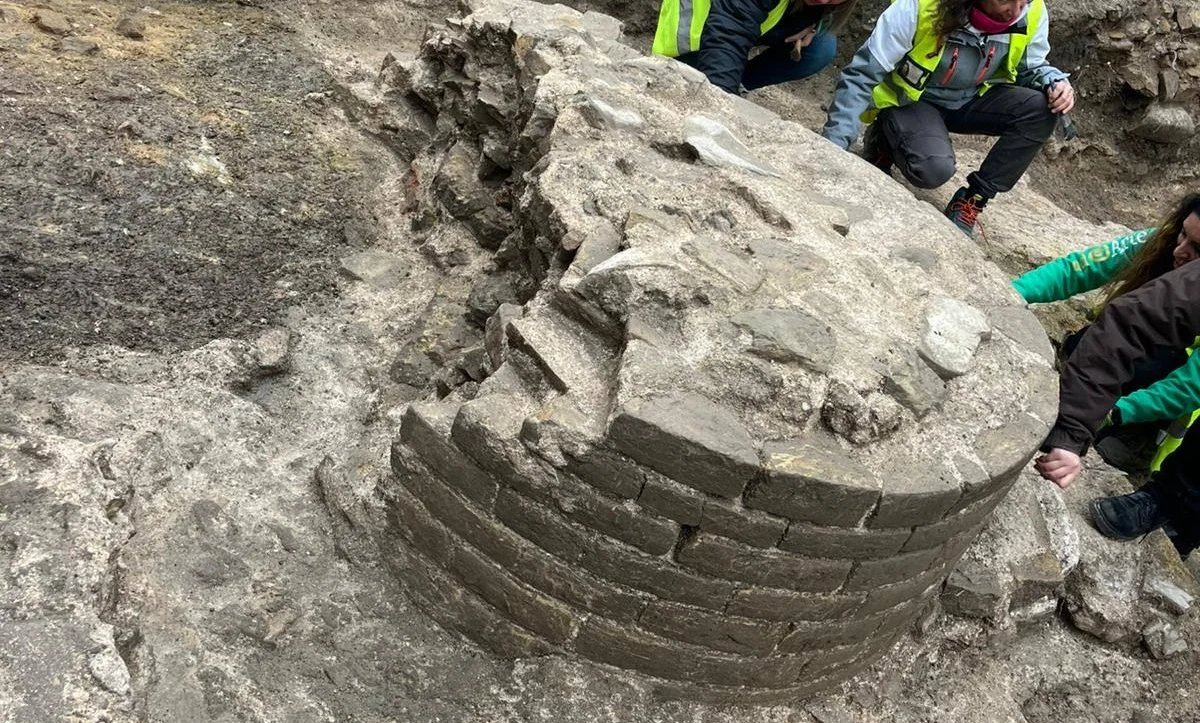Introduction
Ancient Egyptian civilization was deeply intertwined with the cycles of nature, particularly the annual flooding of the Nile River, which was essential for agricultural success. Astronomy played a crucial role in predicting these cycles, guiding agricultural activities, and structuring the Egyptian calendar. This article examines how astronomical observations influenced agriculture in ancient Egypt, from seasonal planning to religious and administrative practices.
The Egyptian Calendar and Agricultural Cycles
The Egyptians developed a highly sophisticated calendar system based on astronomical observations, which allowed them to predict the annual flooding of the Nile and manage their agricultural schedule effectively.
The Sothic Cycle and the Flooding of the Nile
The heliacal rising of the star Sirius (Sopdet) signaled the imminent arrival of the Nile flood.
This event marked the beginning of the new year in the Egyptian civil calendar.
The Three Agricultural Seasons
Akhet (Inundation Season, June–September): Floodwaters enriched the soil, preparing the land for planting.
Peret (Growing Season, October–February): Crops such as wheat and barley were sown and cultivated.
Shemu (Harvest Season, March–May): Farmers harvested their produce before the next flood cycle.
Astronomical Observations and Timekeeping
Egyptian priests and scholars closely observed celestial bodies to maintain precise agricultural timing.
Solar and Lunar Alignments
The movement of the Sun and Moon was used to determine planting and harvesting times.
Solar temples, such as those at Karnak, were aligned with key astronomical events.
Star Charts and Agricultural Planning
Egyptians recorded star movements to predict seasonal changes.
Observations of constellations helped regulate farming activities and religious festivals.
Religious and Administrative Influence
Astronomy not only guided agricultural practices but also played a significant role in temple rituals and state administration.
Temple Observatories and Priestly Knowledge
Egyptian temples served as centers for astronomical study.
Priests, acting as astronomers, used their knowledge to guide agricultural and religious events.
State-Controlled Agricultural Planning
The government used astronomical data to regulate farming and taxation.
Predicting the Nile flood allowed officials to plan irrigation and grain storage effectively.
Conclusion
Astronomy was integral to the success of ancient Egyptian agriculture, influencing the calendar, seasonal farming practices, and state policies. The precise observation of celestial bodies ensured that agricultural activities aligned with natural cycles, sustaining one of the most enduring civilizations in history. The legacy of Egyptian astronomical knowledge continues to be recognized for its impact on both agriculture and timekeeping.







